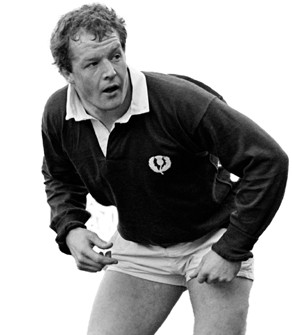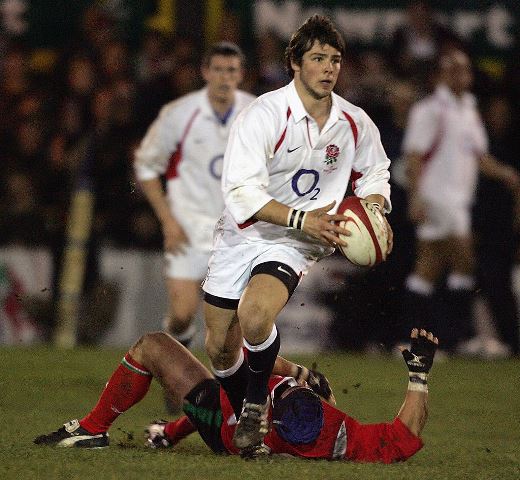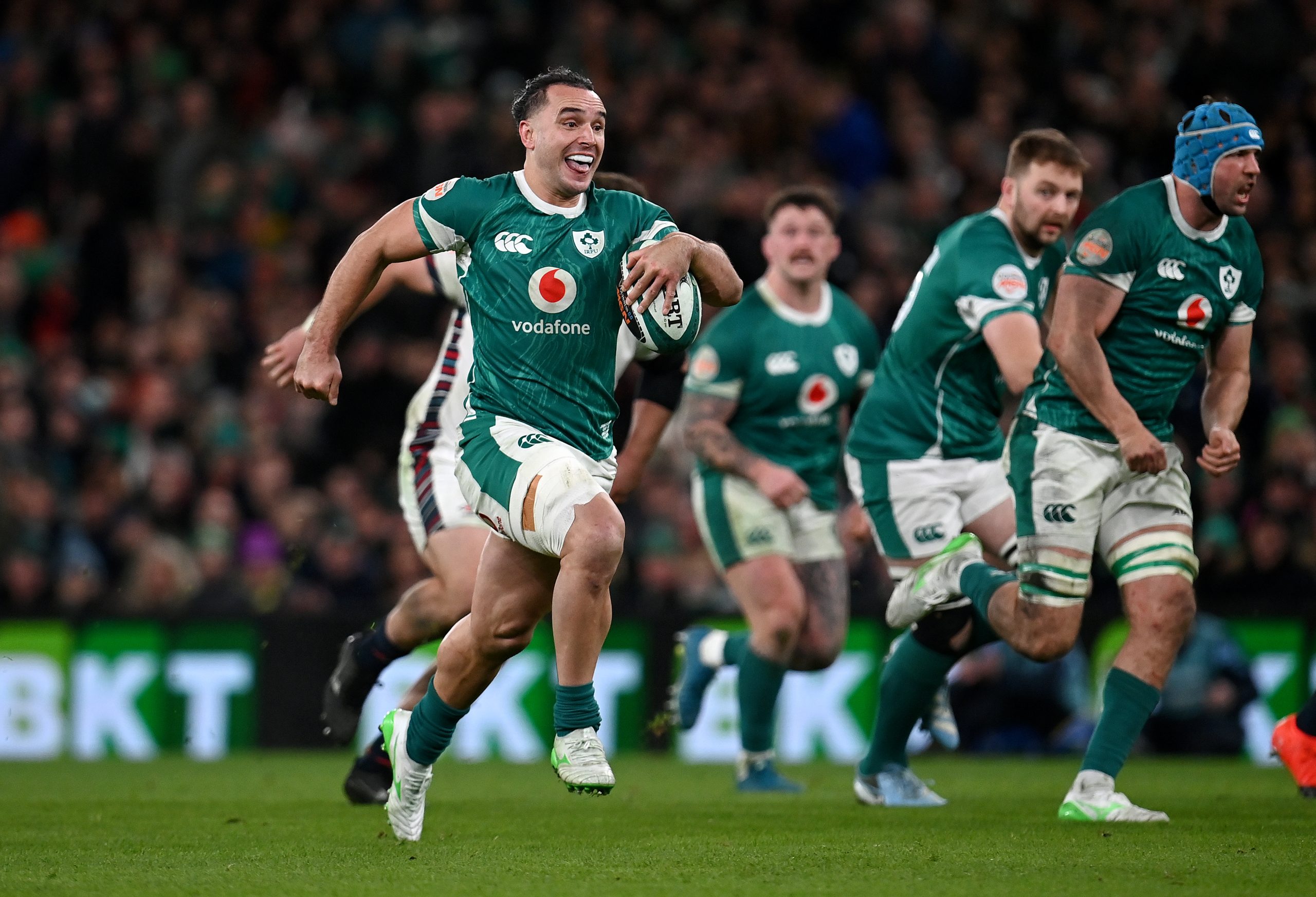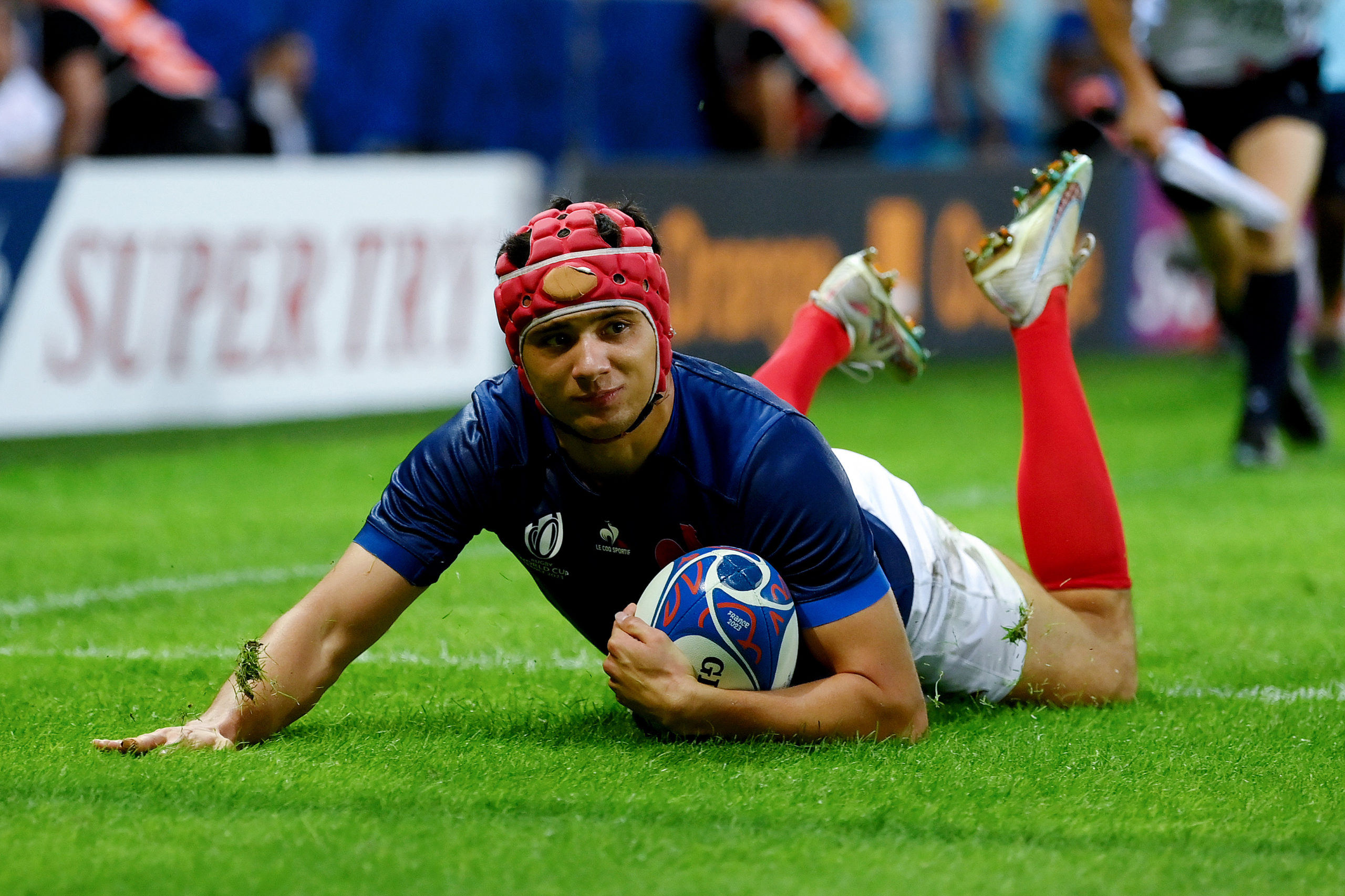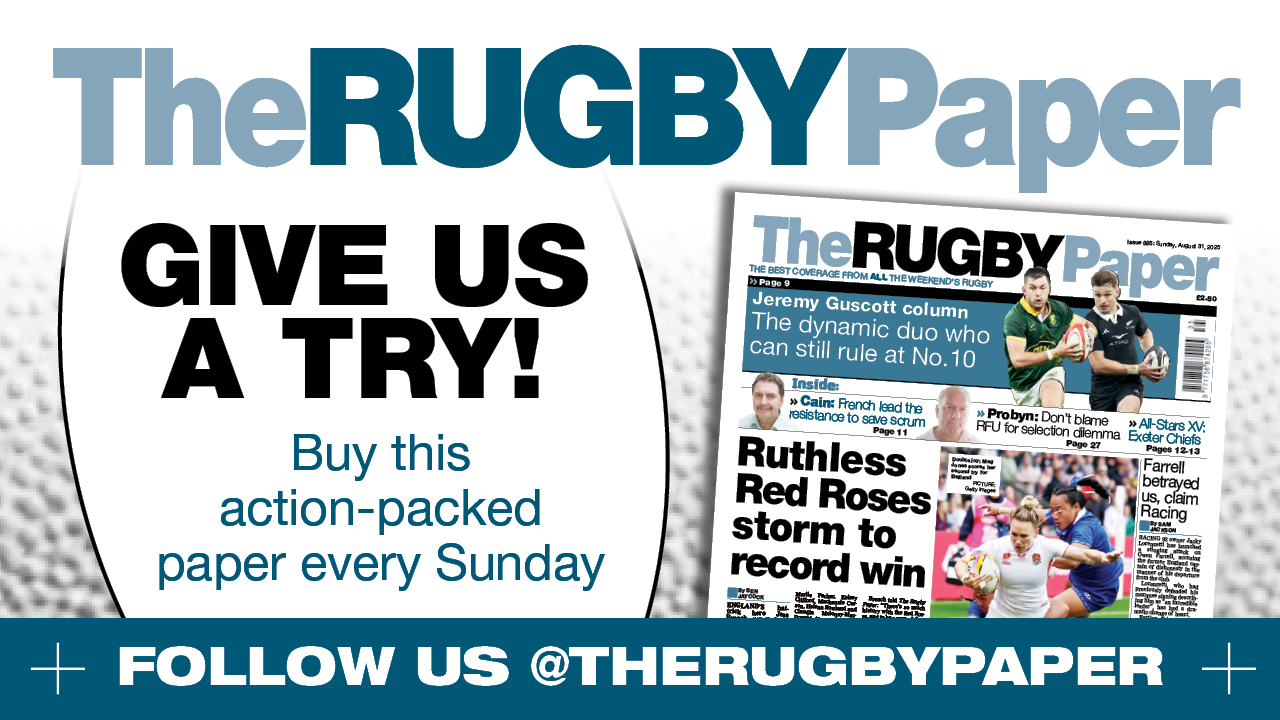Peter Jackson
When Deans & Co enjoyed free beer
More in Peter Jackson
-
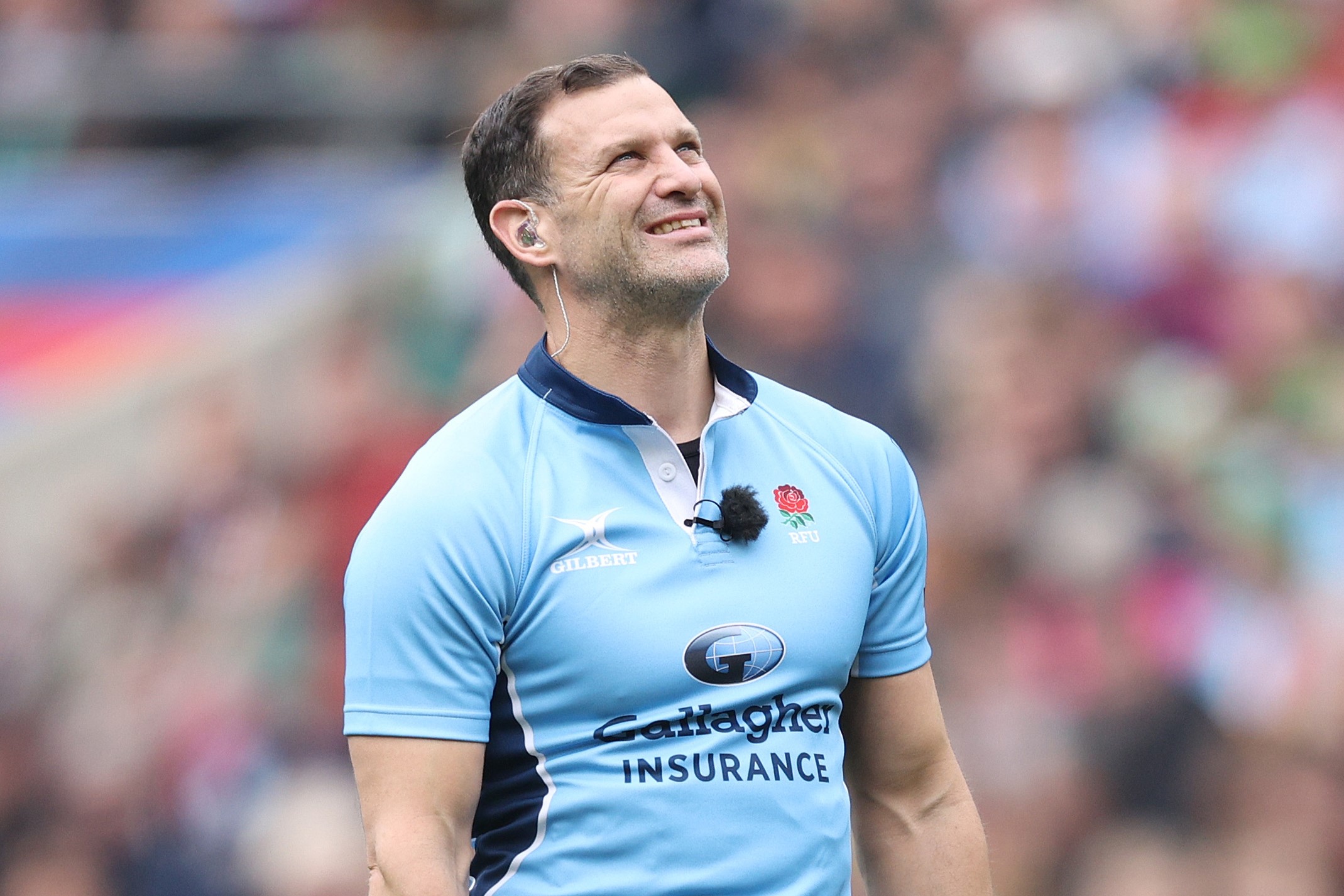

Peter Jackson: Referees need to keep their distance
Behind locked doors at their camp on the Algarve, Ireland’s brains trust will have...
-
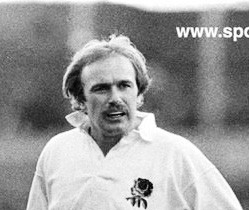

Talented duo who shared the same dream
PETER JACKSON HUGH Morris, below, grew up in the Seventies hoping to play No.10...
-
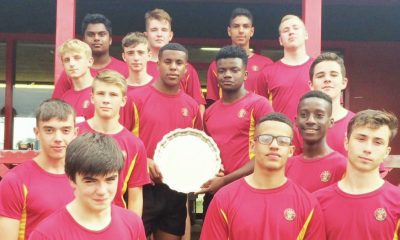

Peter Jackson: The big fish that Wales let slip away
One reason why England are 1-100 to beat Wales in their opening match of...
-
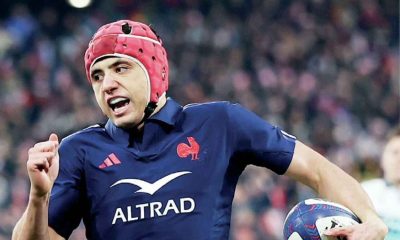

Peter Jackson: Blizzard of points is obscuring the view
The Champions Cup, a misnomer if ever there was one, gorged itself last weekend...

